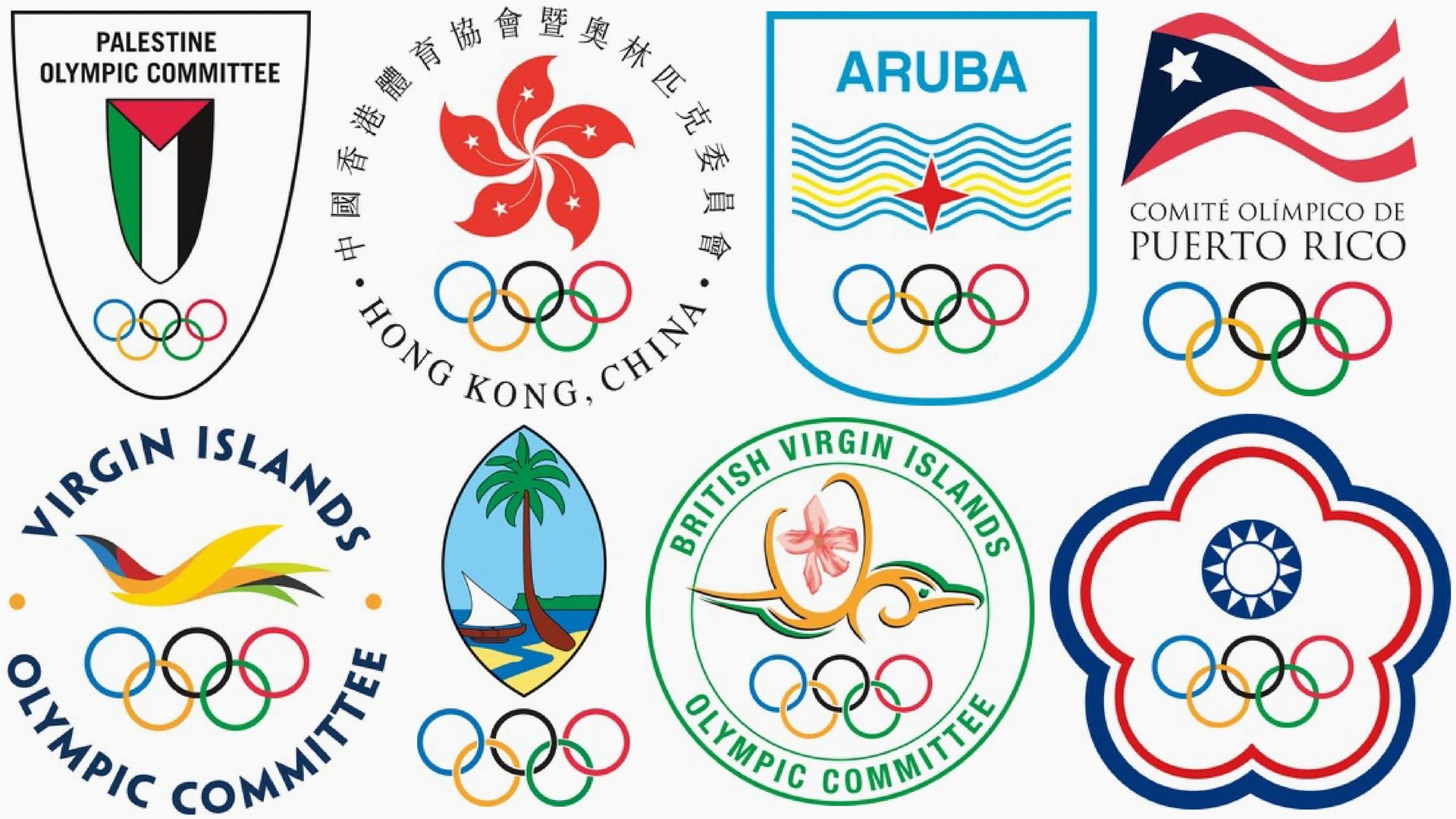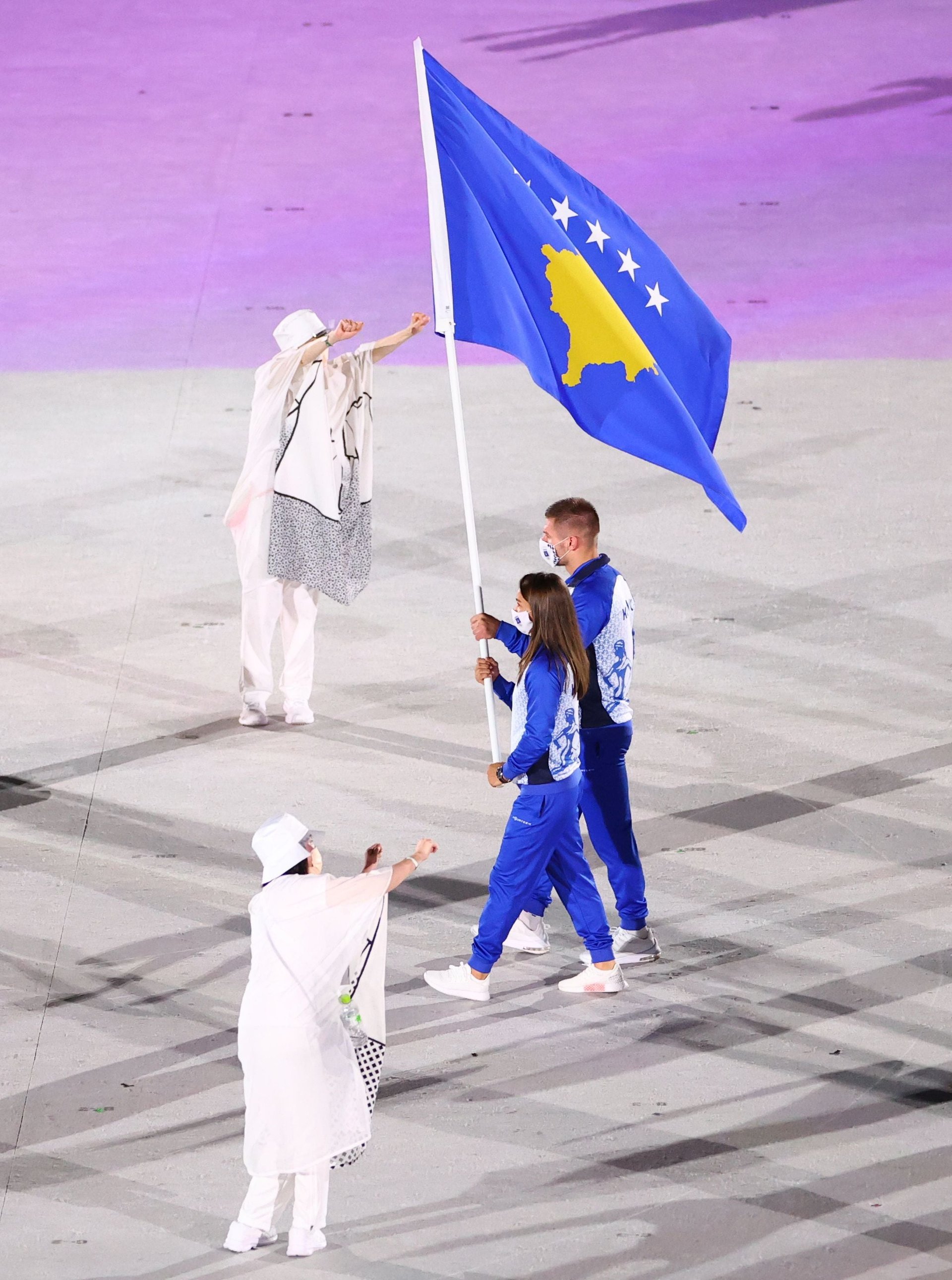The world has 193 countries, so why are there 205 teams in the Olympics?
Delegates from over two hundred regions will participate in this year’s olympics in Tokyo. There are 205 teams, to be precise, which is a curious number given there are only 193 officially recognized countries in the world.


Delegates from over two hundred regions will participate in this year’s olympics in Tokyo. There are 205 teams, to be precise, which is a curious number given there are only 193 officially recognized countries in the world.
Why the discrepancy?
In order to send delegates to the olympic games, a country must have a National Olympic Committee that is recognized by the International Olympics Committee (IOC). There are 206 of these committees. (North Korea is not participating in the Tokyo games due to Covid-19 concerns.)
This means there are 13 more teams than there are countries officially recognized by the United Nations. In 1911, the founder of the modern olympics, Pierre de Coubertin, explained that a team need not be from an independent state: “There is an athletic geography that may differ at times from political geography.” For much of the 20th century, teams could come from both countries and regions.
But in 1996, the IOC changed its rules, deciding to only approve internationally recognized states moving forward. National Olympic Committees are now expected to represent “an independent state recognized by the international community.”
Notably, this rule complicates the efforts of one of the best lacrosse teams in the world, the Iroquois, from competing in the sport that their ancestors invented. Lacrosse is not currently an Olympic sport but is plodding towards inclusion in the 2028 games.

Which countries participate in the Olympics but aren’t widely recognized as countries?
Of the 13 teams that are not UN recognized countries, four are geo-politically fraught areas:
🇵🇸 Palestine, 🇭🇰 Hong Kong, 🇽🇰 Kosovo, and 🇹🇼 Taiwan.
The other nine of the teams are island regions that sought recognition from the IOC prior to 1996. They are all territories of, or linked to, nations recognized by the UN, but still participate separately at the Olympics:
🇦🇸 American Samoa, 🇦🇼 Aruba, 🇧🇲 Bermuda, 🇰🇾 Cayman Islands, 🇨🇰 Cook Islands, 🇬🇺 Guam, 🇵🇷 Puerto Rico, 🇻🇬 British Virgin Islands, and 🇻🇮 US Virgin Islands.